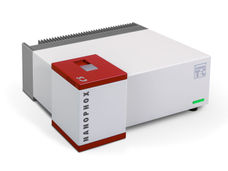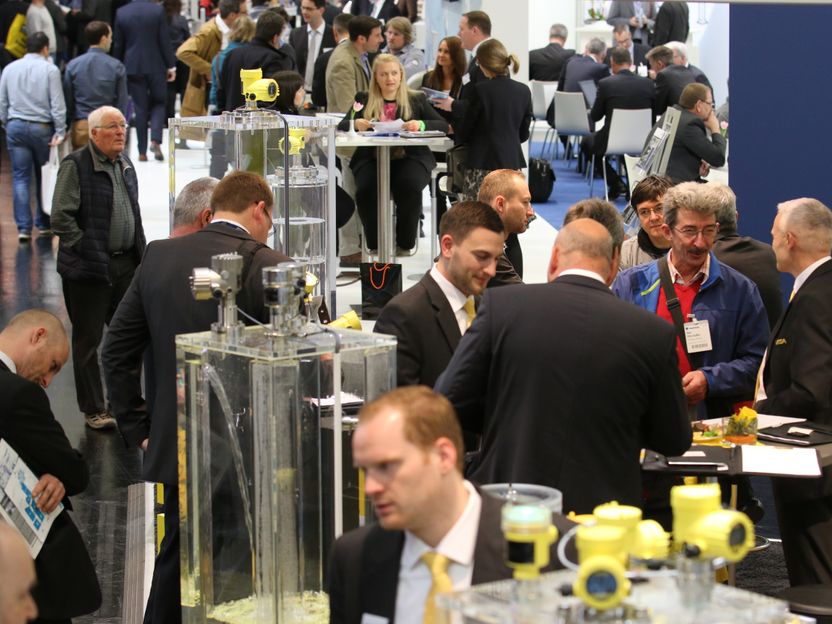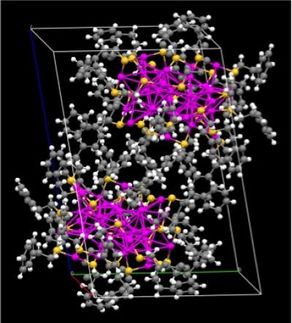Metal sheets with DNA framework could enable future nanocircuits
Using DNA not as a genetic material but as a structural support, Cornell researchers have created thin sheets of gold nanoparticles held together by strands of DNA. The work could prove useful for making thin transistors or other electronic devices.
The research describing the creation of suspended, free-standing sheets of gold nanoparticles only 20 nanometers thick and held together by tangled, hairlike strands of DNA, is detailed in Nature Materials. The work was led by Dan Luo, associate professor of biological engineering, and the team included first author and postdoctoral associate Wenlong Cheng; Christopher Umbach, assistant professor of materials sciences and engineering; and David Muller, associate professor of applied and engineering physics.
To make the thin, ordered sheets, called superlattices, the researchers attached gold nanoparticles to single-stranded DNA and submerged them in a water-based solution. They then deposited droplets of the solution onto a holey silicon substrate and allowed the water to evaporate.
What was left were thin sheets of gold nanoparticles, suspended in place by the DNA strands. What's more, Luo explained, the researchers demonstrated easy control of the sheets' mechanical properties by changing the lengths of the DNA or the distance between nanoparticles.
"We hope this can contribute to development of future nanocircuits," Luo said.
Most read news
Organizations
Other news from the department science
These products might interest you

NANOPHOX CS by Sympatec
Particle size analysis in the nano range: Analyzing high concentrations with ease
Reliable results without time-consuming sample preparation

Eclipse by Wyatt Technology
FFF-MALS system for separation and characterization of macromolecules and nanoparticles
The latest and most innovative FFF system designed for highest usability, robustness and data quality

DynaPro Plate Reader III by Wyatt Technology
Screening of biopharmaceuticals and proteins with high-throughput dynamic light scattering (DLS)
Efficiently characterize your sample quality and stability from lead discovery to quality control

Get the chemical industry in your inbox
By submitting this form you agree that LUMITOS AG will send you the newsletter(s) selected above by email. Your data will not be passed on to third parties. Your data will be stored and processed in accordance with our data protection regulations. LUMITOS may contact you by email for the purpose of advertising or market and opinion surveys. You can revoke your consent at any time without giving reasons to LUMITOS AG, Ernst-Augustin-Str. 2, 12489 Berlin, Germany or by e-mail at revoke@lumitos.com with effect for the future. In addition, each email contains a link to unsubscribe from the corresponding newsletter.
Most read news
More news from our other portals
Last viewed contents
Copper(I)_phosphide
Bethe_lattice
Quark-Lepton_complementarity
Tephroite
Near-field_scanning_optical_microscope





























































